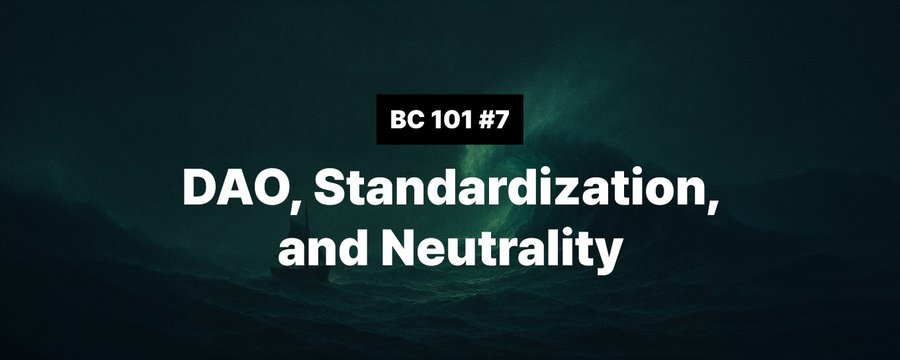A Decentralized Autonomous Organization (DAO) acts as a programmable coordination layer, recording proposals, votes, and outcomes through immutable or verifiable channels. This ensures that every decision can be audited and traced.
For blockchain systems spanning a broad spectrum of applications—from enterprise solutions and government infrastructure to consumer-facing services—this structure provides the transparency and accountability required by regulated entities while enabling decentralized control.
DAO governance delivers substantial value by providing a standardized, neutral framework for coordination that reduces operational and regulatory friction.
Third-Party and In-House DAO Infrastructures
In recent years, the infrastructure supporting DAOs has advanced significantly. A variety of third-party governance solutions now offer stable, enterprise-ready interfaces for managing proposals, conducting votes, and executing multi-signature transactions. Some noteworthy platforms include:
- Snapshot: An off-chain, gasless voting platform widely used across leading protocols. It allows flexible voting strategies, quorum requirements, and verifiable results without introducing high transaction costs.
- Tally: A fully on-chain governance dashboard built on Ethereum, designed for transparency and auditability of protocol votes, treasury management, and proposal lifecycle tracking.
These solutions form a growing middleware ecosystem that brings governance to the same level of technical maturity as enterprise resource planning systems.
At the same time, in-house DAO frameworks extend beyond generic governance tooling. They integrate DAO logic with the project’s native identity, treasury, and compliance layers, enabling seamless coordination between on-chain and organizational processes. This approach ensures that governance not only reflects community consensus but also aligns with operational and regulatory realities.
DAO Governance as a Mechanism for Neutrality
DAO governance reinforces network neutrality, a crucial characteristic for projects that operate across multiple jurisdictions or regulatory contexts. This structural neutrality diminishes the concentration of control that can lead to compliance issues and enables projects to remain resilient during regulatory or organizational changes.
For blockchain systems aimed at enterprises, DAO infrastructure provides three measurable benefits:
- Regulatory Adaptability: Transparent proposal and voting systems create a verifiable governance record suitable for audits, disclosures, or compliance reviews.
- Operational Continuity: Distributed governance logic allows decision-making to persist independently of any single corporate entity or leadership group.
- Stakeholder Alignment: Token-weighted or role-based participation aligns validators, contributors, and investors under a unified, rule-based coordination framework.
Toward Structured and Resilient Governance
As blockchain networks evolve into critical data and financial infrastructure, governance must progress beyond mere symbolic decentralization. DAO systems offer a structured, compliant, and resilient approach to managing complex ecosystems.
DAOs are not merely voting or staking platforms. They serve as the operational core that defines how decentralized systems make, record, and enforce decisions. Only with a well-structured DAO model can projects establish the legal, operational, and procedural foundation required to function as sustainable organizations.
